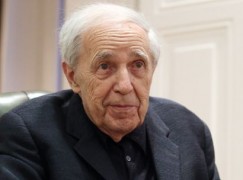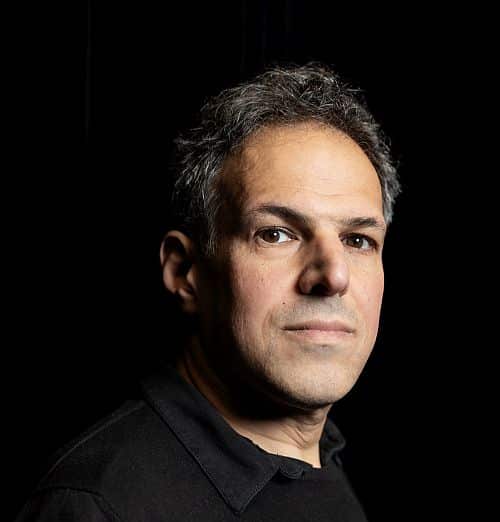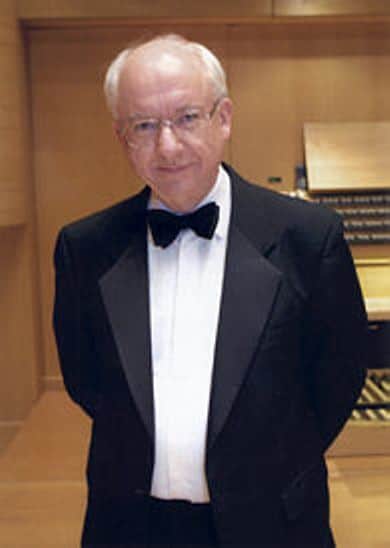The man behind Pierre Boulez
Daily Comfort ZoneI once offended the great man by deprecating the jacket he wore to work at IRCAM. It was a rumpled tweedy garment, half-town, half-country.
‘What’s wrong with it?’ he cried.
‘It lacks style,’ I said, digging a deeper hole.
Boulez looked pained.
‘But Hans bought it for me. He buys all my clothes.’
Hans Messner was his live-in companion, referred to as ‘my valet’.
VAN magazine has tracked him down, but he won’t say a word about ‘Monsieur.’ Read here.






Comments